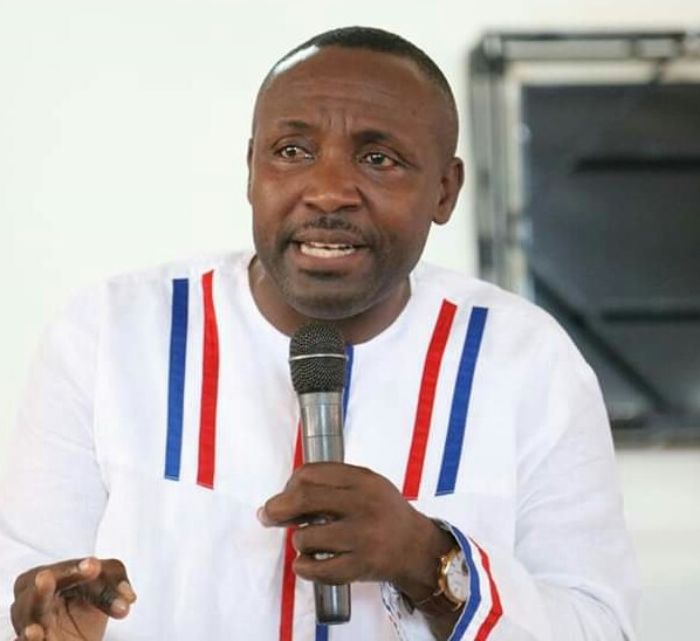The General Secretary of the NPP, John Boadu is asking Ghanaians to ignore the NDC over their position on the introduction of the E-Levy.
According to John Boadu despite the opposition to the E-Levy by the NDC they will never scrap the E-Levy should they come to power.
Mr. Boadu in a Citi FM interview on Thursday, November 25, 2021, said the NDC believes the tax is an innovative way of raising government revenue.
He is thus asking Ghanaians to reject their stance against the e-levy.
“When we were bringing the ‘Talk Tax’, they kicked against it. They demonstrated against it but at the end of the day when they came to power, they didn’t remove it. They rather increased it because it was an innovative way of raising revenue.”
“So I believe that they believe this is an innovative way of raising revenue and I can assure Ghanaians that they will never withdraw this tax when they come to power. So Ghanaians should ignore them.”
Ranking Member on the Finance Committee of Parliament, Dr Cssiel Ato Forson, has predicted dire consequences for remittances into Ghana if the e-levy is implemented.
The opposition National Democratic Congress (NDC) Member of Parliament for Ajumako Enyan Esiam described the E-levy proposed in the 2022 budget as a three-legged tax in reference to three main transactions that the tax will cover – inward remittances, mobile money and bank transfers.
On inward remittances, he said the controversial E-levy will discourage the much-needed remittances that have become the life wire of the struggling Ghanaian cedi and drive the remittances market underground.
“Remittances have contributed immensely to the growth of the Ghanaian economy. Any attempt to tax it will discourage Ghanaians in the Diaspora from using the formal channels of transfer and encourage underground activities in the remittances market. It would also discourage Foreign Direct Investment,” he said Tuesday, November 23, 2021, during a debate on the 2022 budget in Parliament.





